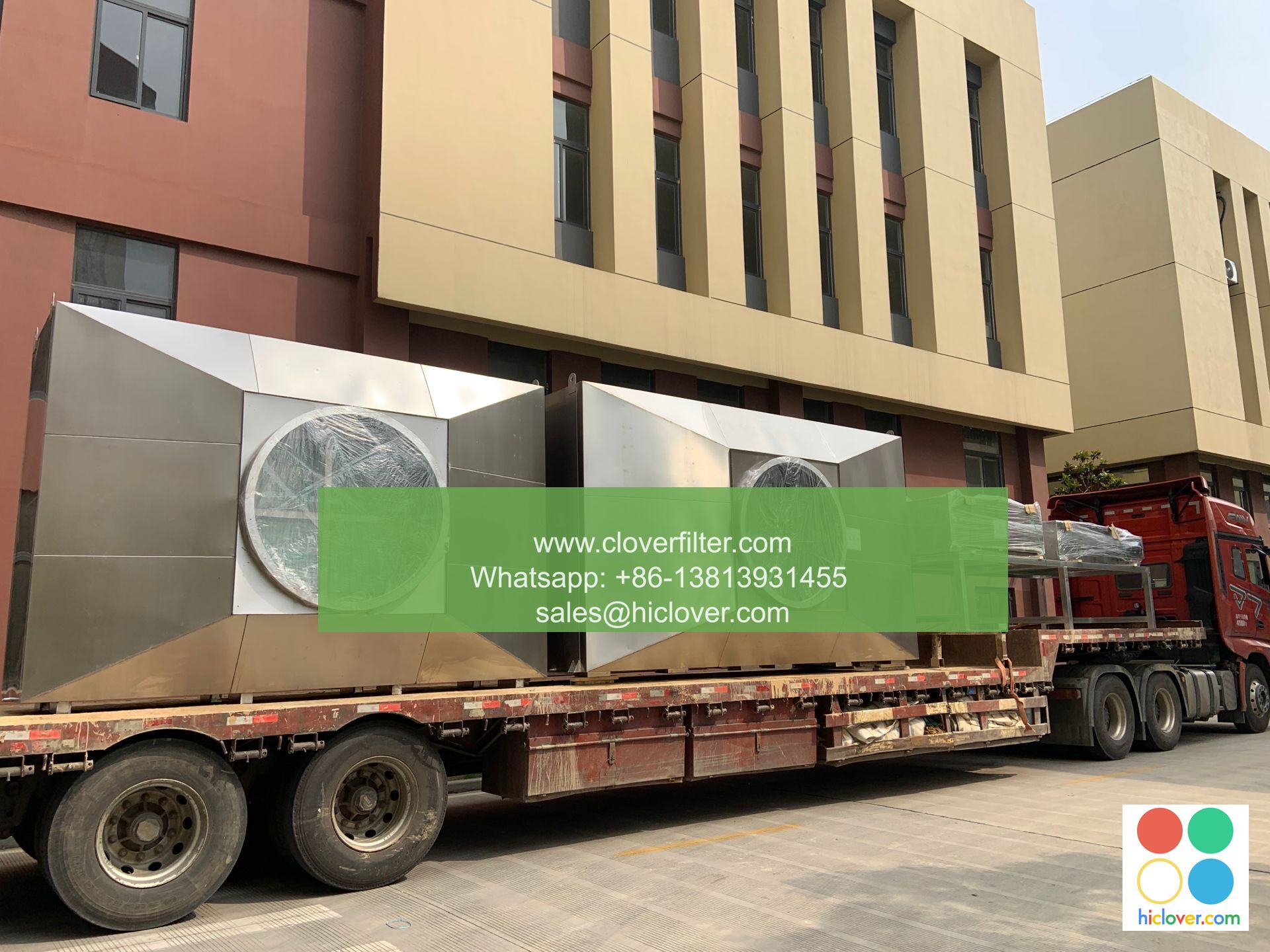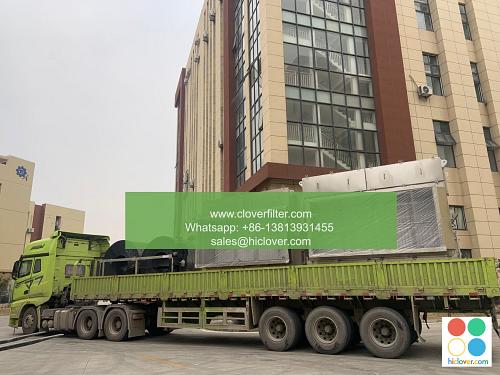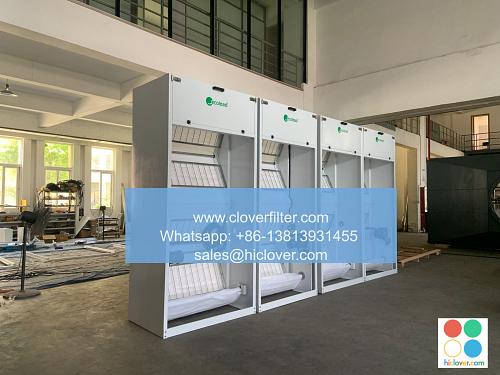The Impact of Automatic Roll Air Filters on Saskatoon’s Agricultural Production

Saskatoon, a city located in the province of Saskatchewan, Canada, is known for its thriving agricultural industry. The region’s fertile soil and favorable climate make it an ideal place for farming and livestock production. However, the agricultural sector in Saskatoon faces several challenges, including air quality issues that can impact crop yields and animal health. One innovative solution that has been gaining popularity in recent years is the use of automatic roll air filters. In this article, we will explore the impact of these filters on Saskatoon’s agricultural production.
Automatic roll air filters are designed to remove dust, dirt, and other airborne contaminants from the air. These filters are particularly useful in agricultural settings, where dust and debris can be prevalent. By installing automatic roll air filters in farm buildings, such as barns and greenhouses, farmers can improve the air quality and create a healthier environment for their crops and animals. This can lead to several benefits, including increased crop yields, improved animal health, and reduced maintenance costs.
One of the main advantages of automatic roll air filters is their ability to reduce dust and debris in the air. This is particularly important in Saskatoon, where the dry climate and frequent winds can create massive dust storms. By removing these airborne contaminants, farmers can prevent damage to their crops and equipment, which can lead to significant cost savings. Additionally, improved air quality can help to reduce the risk of respiratory problems in animals, which can improve their overall health and productivity.
Another benefit of automatic roll air filters is their ability to improve the efficiency of heating and cooling systems. By removing dust and debris from the air, these filters can help to prevent clogging and other issues that can reduce the effectiveness of these systems. This can lead to significant energy savings, which can help to reduce the environmental impact of farming operations. Furthermore, improved heating and cooling efficiency can help to create a more stable and consistent environment for crops and animals, which can lead to improved yields and productivity.
In addition to the benefits mentioned above, automatic roll air filters can also help to reduce the risk of disease transmission in agricultural settings. By removing airborne contaminants, these filters can help to prevent the spread of diseases that can decimate crops and animal populations. This is particularly important in Saskatoon, where the proximity of farm buildings and the presence of wildlife can create an environment that is conducive to disease transmission.
Despite the many benefits of automatic roll air filters, there are also some challenges associated with their use. One of the main drawbacks is the cost of installation and maintenance. While these filters can provide significant long-term cost savings, the initial investment can be prohibitively expensive for some farmers. Additionally, the filters require regular maintenance to ensure that they continue to function effectively, which can add to the overall cost.
To overcome these challenges, farmers in Saskatoon can explore alternative options, such as purchasing used or refurbished filters, or seeking funding from government agencies or private organizations. Additionally, farmers can work together to share the costs and benefits of automatic roll air filters, which can help to make them more accessible and affordable.
In conclusion, automatic roll air filters have the potential to make a significant impact on Saskatoon’s agricultural production. By improving air quality, reducing dust and debris, and improving the efficiency of heating and cooling systems, these filters can help to increase crop yields, improve animal health, and reduce maintenance costs. While there are some challenges associated with their use, the benefits of automatic roll air filters make them a worthwhile investment for farmers in Saskatoon.
Conclusion
The use of automatic roll air filters in Saskatoon’s agricultural industry has the potential to bring about significant improvements in crop yields, animal health, and environmental sustainability. As the city continues to grow and develop, it is likely that the demand for these filters will increase, driving innovation and investment in the sector. By embracing this technology, farmers in Saskatoon can help to ensure a bright and sustainable future for the city’s agricultural industry.
Frequently Asked Questions
Q: What are automatic roll air filters and how do they work?
A: Automatic roll air filters are designed to remove dust, dirt, and other airborne contaminants from the air. They work by using a rolling filter media that captures airborne particles and contaminants, which are then removed and replaced with clean air.
Q: What are the benefits of using automatic roll air filters in agricultural settings?
A: The benefits of using automatic roll air filters in agricultural settings include improved air quality, increased crop yields, improved animal health, and reduced maintenance costs.
Q: What are some of the challenges associated with using automatic roll air filters?
A: Some of the challenges associated with using automatic roll air filters include the cost of installation and maintenance, as well as the need for regular maintenance to ensure that they continue to function effectively.
Q: Are automatic roll air filters suitable for all types of farm buildings?
A: Automatic roll air filters can be used in a variety of farm buildings, including barns, greenhouses, and other types of agricultural facilities. However, the specific type and size of filter required will depend on the size and type of building, as well as the level of air quality desired.


